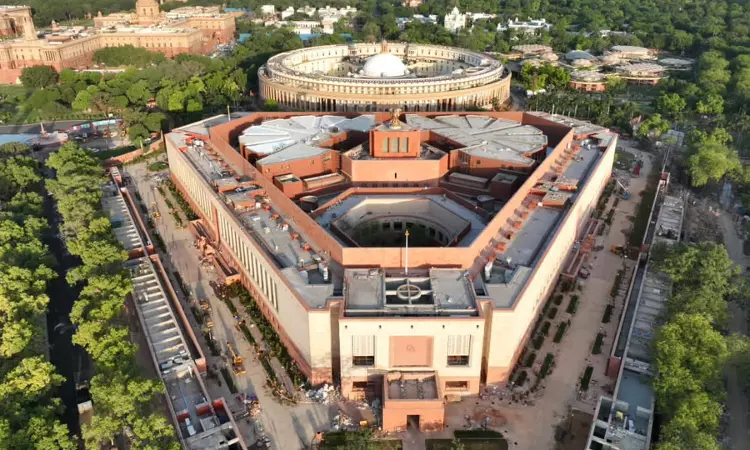BREAKING | Parliament Passes Bill On Election Commissioners Appointment; CJI Dropped From Selection Panel
Awstika Das
21 Dec 2023 1:48 PM IST

Next Story
21 Dec 2023 1:48 PM IST
In a significant development during the Winter Session, the Lok Sabha passed the Chief Election Commissioner and Other Election Commissioners (Appointment, Conditions of Service and Term of Office) Bill, 2023 on Thursday (December 21). The bill aims to regulate the appointment, conditions of service, and term of office for the chief election commissioner (CEC) and other election...
